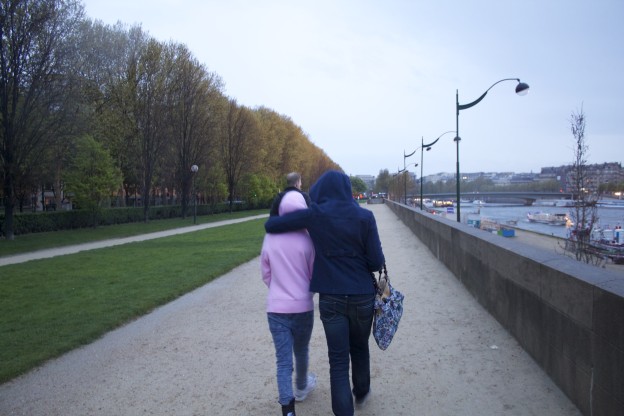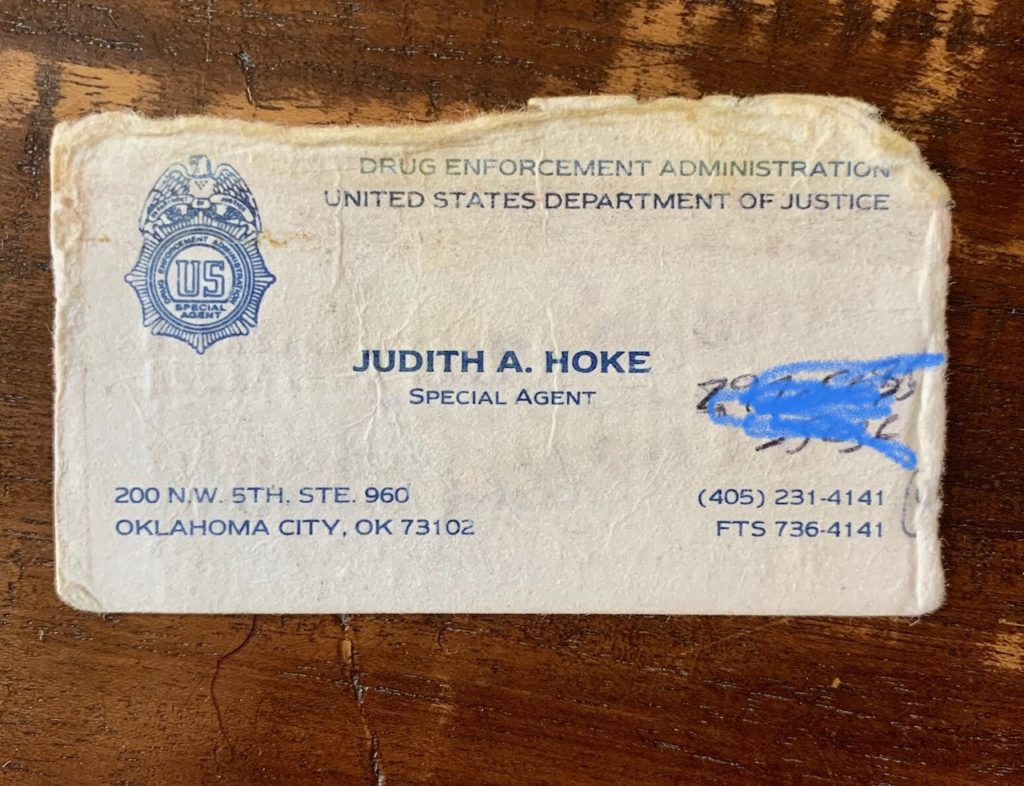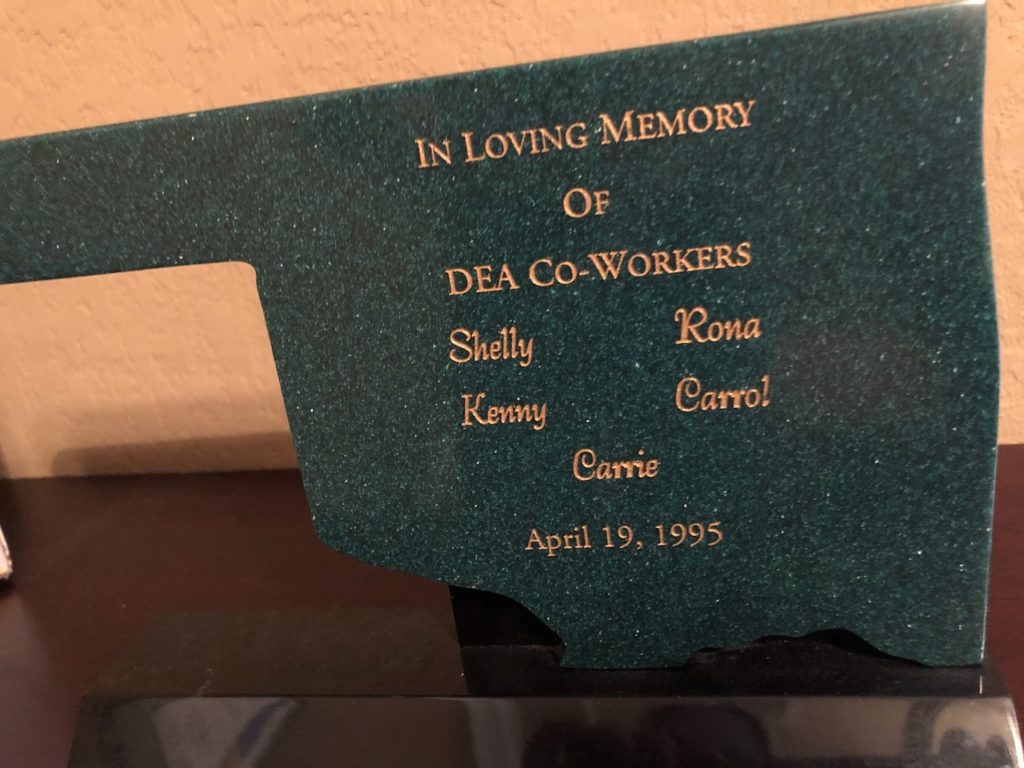This is an excerpt from the book Parenting With Gumption and Grit.
Teach them to be kind. Is this not one thing we can all agree on in parenting?
That’s the easy part.
The hard part is teaching our children to be kind in a world that is drawn to constant comparisons. She has better clothes, cars, houses, parents, spouse, and/or positions on the sports team. When we fall into the comparison trap as parents, rest assured our kids will do the same thing. If the comparison game is a common practice for you, it will be more and more difficult to teach your children the importance of kindness. We live in a fast-paced world which lends itself to many people dealing with both hopelessness and helplessness. Pray that your child is kind enough to see that hope and help are within his grasp. That can only be accomplished if they are knowledgeable about kindness. And they can only be knowledgeable about kindness if they have been taught how to be kind.
On the heels of trying to encourage children to be kind, in the last few decades, tolerance has now become a catch word in our country, in our jobs, and in our schools. Its original intention, I think, was to express itself as kindness. Why then, I ask, could we not just say “Be kind.” Kind is not subjective. Kind does not discriminate. Kind is not exclusive.
The scriptural command to be kind is intended for all audiences to be directed towards all people. “Be kind and compassionate to one another, forgiving each other, just as in Christ, God forgave you.” (Ephesians 4:32 NIV)
Kind is how we treat someone regardless of who they are, what they are, what their religion or political position may be, or whether or not they agree with us. When we are kind, we are not indifferent to the needs and interests of others. Kind does not require us to agree with anyone. It does not require us to pardon a crime. It does not require us to issue kindness at the expense of justice. It simply requires us to be kind to people, whether those people deserve it or not. Kindness. My friend and pastor, Dan, once said:
“Tolerance is a cheap and flimsy virtue compared to robust examples of grace, like patience, hospitality, justice, kindness, and love.”
I couldn’t agree more. Tolerance is subjective. In demanding tolerance, are we truly demanding others to be genuinely kind, or is the agenda of tolerance much more cynical than that? I fear it is. I fear that in teaching our children tolerance, we are teaching them kindness with stipulations. For instance, “You can be kind to them only when they agree with your position.” Or “If you do not agree with me, you are intolerant and not deserving of my kindness.” Kindness versus tolerance! Kindness is, as my friend eloquently stated, “patient, hospitable, just, and loving.”
Let’s ponder for a minute a whole host of ordinary, everyday questions we all have spoken in various conversations with friends, family members, or colleagues. “Do you like television?” “Not really. I can tolerate it, but I prefer to read.” Or someone has asked me, “Did you have a good day at work?” And I responded half-heartedly, “It was tolerable.” Maybe they have asked you “Do you like your in-laws? Do you like vegetables? Do you like children? Do you like your job? Are you happy in your marriage?” And if you answered, “It’s tolerable,” Or “I just tolerate them,” then I would say that you have a very long way to go before you are eating vegetables with enthusiasm or before you are enjoying fulfilling relationships with your job, your family, your spouse, or other people in your life.
I don’t want to be tolerated. My preference is to be loved by those close to me and to be treated kindly and with compassion by everyone. I don’t want someone to look at me and judge me by my political position, my gender, or my socioeconomic status, and then reach the anti-climactic, cynical and shallow conclusion, “She’s tolerable.” I want people to look at me, not through the “tolerance” filter, but rather through a filter of kindness and humility.
Teach your children kindness-not the cultural version of that. Teach them kindness, not preferential treatment. Teach your children kindness, not prejudice. Teach them kindness without strings, not kindness with stipulations. Teach them kindness that carries its weight in navigating school, professional settings, church ministry and personal relationships.
Teach them kindness not tolerance. Kindness will go the distance. It will sustain the beholder through the fast and furious pace of this life journey and render them more success than perhaps any other relational trait.
On the other hand, tolerance will assuredly rise up to meet the status quo, and keep pace with the absolute minimum effort required in relationships, or in a job, or in your children fulfilling their dreams. Teach your children kindness over tolerance. One is the real deal. The other is a cheap imitation of how we should truly treat others and how we expect them to treat us.




